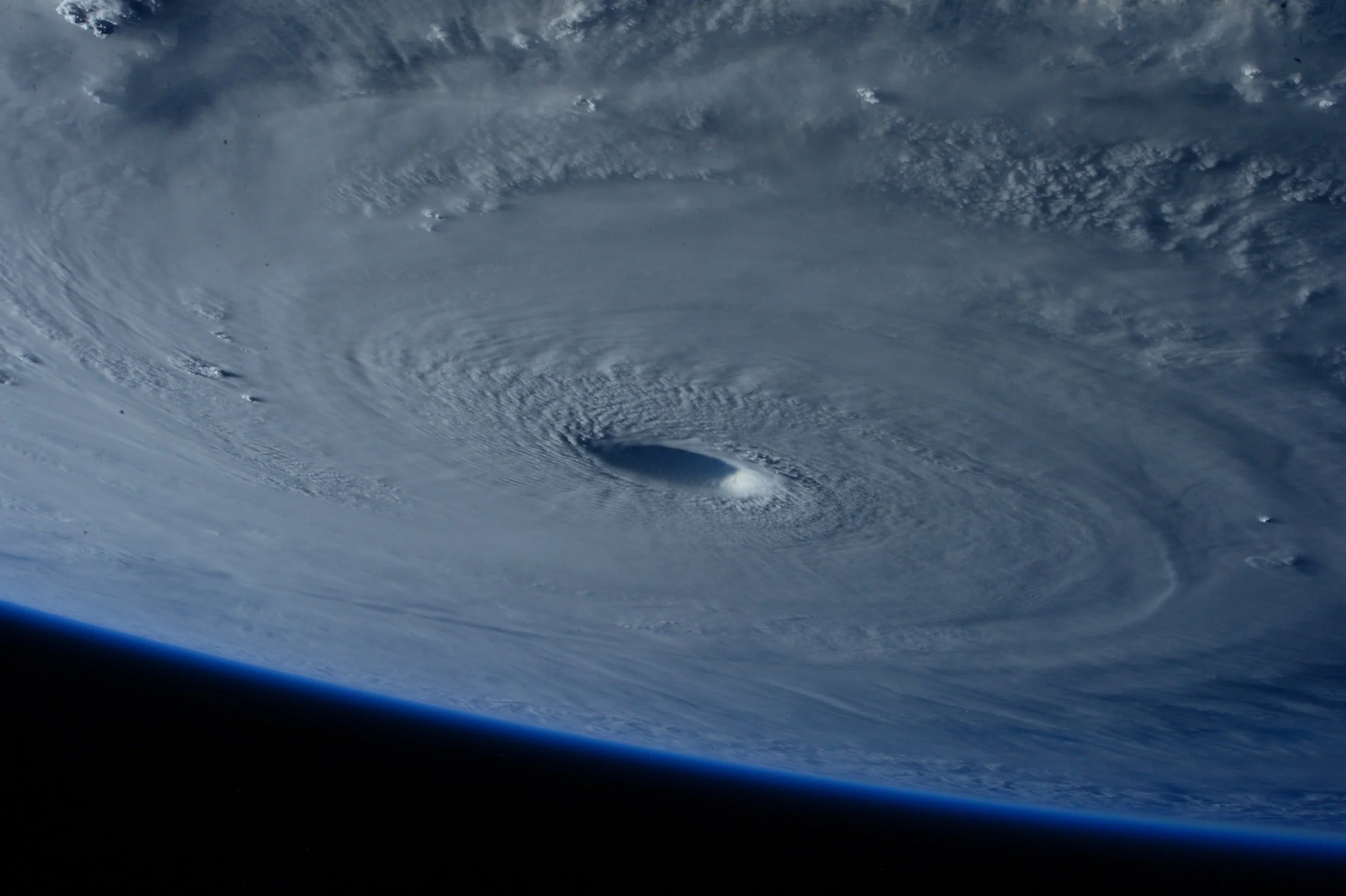Preparing for the Worst: After Hurricane Ian
Hurricanes are a significant risk across Florida. In light of Hurricane Ian, communities in Florida must have an effective hurricane preparedness plan. Communicating it effectively to residents, staff, vendors, and others is equally important.
As part of the preparation plan, residents should know who to contact in the case of an emergency. Staff on site should be briefed on keeping anyone on the property safe and protecting the facilities during a storm. Vendors should have clear expectations for what the association will need in the wake of an emergency. However, the most robust plan can come apart with poor implementation. Make sure your entire community is prepared by following these key recommendations.
Communicate Plans Before Hurricane Season
Hurricane season runs from June to November, giving your community a clear timeline on when to be prepared. Emergency preparedness plans must be conveyed well in advance of hurricane season to be effective.
When spreading the emergency preparedness plan, use all the communication channels available to your community. Utilize your community website, email, newsletter, text messaging, and association meetings to drive the plan to as wide a net of residents as possible. Only sending it out in one or two mediums increases the chance that some residents will not see the plan or forget how to access it.
Remember seasonal residents or new community members who may be experiencing their first hurricane season. Keep in contact with these owners while they are away to help ease stress about their homes. For example, it can help to explain policies about when to put up and take down shutters or when to secure items indoors repeatedly. For residents who may spend part of the year elsewhere, make sure to send out policies ahead of their departure, in February, when migration to other parts of the country often begins.
Design a Communication System that is Dependable During an Emergency
In the worst tropical storms, communication lines can be interrupted, including the loss of internet or cell service. This makes it all the more critical to have a reliable system of communication in place ahead of any emergency.
Lay out emergency procedures ahead of time. Share disaster relief information, evacuation routes, emergency numbers, shelter locations, and contact information. For any residents with special needs, highlight the Municipal Vulnerable Persons registry. Make clear that management will enter their residences to drain or dry units if need be following the emergency. Also, share any information about the insurance process following hurricane Ian, which can include saving all related receipts in the wake of a storm.
Planning how to communicate also extends to property staff, who should be up to speed on best contacting their supervisor and when to report back to duty after an emergency. Additionally, each staff member should have identification confirming their employment at the property in the case of checkpoints after a hurricane.
Keep Communicating Throughout the Hurricane
Maintain lines of communication with residents for as long as possible during a storm. Even if members don’t receive messages until after the fact, they let individuals know that the board cared and attempted to reach out.
The board and management should also keep in constant communication during an emergency. Mokdad shared one story of how this saved an additional community cost.
One tip is to distribute binders to crucial personnel with physical copies of employee contact information, a vendor list, pertinent maintenance manuals, insurance policies, relevant contact details, and an up-to-date resident list, including their emergency contacts and details about their assistance during an emergency.
Rely on Your Management Company for Resources
After a tropical storm or hurricane, lean on your association’s management company. Since some communication systems may be down, a management company’s mass communication system will prove invaluable. If power is out or the internet is down, post physical paper notices around the property. Keep out-of-town residents in the loop through digital communications. All residents should be kept up to date of the following developments:
Any warnings, such as elevator outages or notices about drinking water
Consistent updates about management and board efforts to repair and rebuild any damage or debris
Handy resources, such as utility contact info or a map of operational stores for goods and services
Once electricity and service are restored, utilize digital communication to transmit any urgent messages. This should include SMS messages, email, your community website, social media platforms, and the resident alert system. Your property management company should be able to offer a 24/7 hotline to field questions and resolve issues during emergencies.
You can expect daily updates from a great property management company, informing the board on the status of the repair efforts and any additional valuable updates.
Check-in With Your Vendors
It’s best to be clear and upfront about emergency expectations. Before a hurricane makes landfall, outline what you expect from your property’s vendors throughout any environmental emergency. This will help open a dialogue where your trusted partners can convey what they will be capable of providing to assist your community during a disaster.
For example, establish whether the community’s landscaper has scheduled extra tree trimming during hurricane season. “We were able to give the landscaper a heads up that they would be needed at a particular property immediately after the storm,” Mokdad remembers.
Certain vendors may be based in a mandatory evacuation zone. In those instances, they hold conversations to find out if they can provide supplies before an incoming hurricane or if they can recommend a backup option less likely to have to evacuate. Knowing this information ahead of time will help manage expectations about what they will be able to deliver in the event of an evacuation order.
Contact Us
We cannot control the weather, but we can prepare efficiently and effectively. A comprehensive and robust emergency preparedness plan is essential. So, too, is communicating it clearly to everyone involved so that every member knows their role. Contact Condominium Associates for more information!




